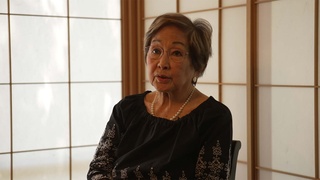Views on Japanese Youth (Japanese)
(Japanese) Living in the gap between my homeland Japan and Paraguay, the thing that most strikes me is the current lifestyle of Japanese youth. In order for them to carry on the legacy of the beautiful country and its traditional customs, the youth of today should familiarize themselves with foreign countries. In doing so, they may be able to reflect back on their own country and understand the advantages of living in Japan. The youth, who study abroad and look to adopt customs from foreign countries which they believe will benefit Japan, will be the ones who will lead the population into the future and participate in the rebuilding of society.
The Tokyo of today is much different from the Tokyo I remember when I was 14. There is this sort of coldness, well that’s the sort of impression I have. I don’t want to be rude, but when I see young people in Japan, many look very irresponsible to me. I just have this uneasy feeling about the future of society, being that this is my homeland.
Date: March 24, 2009
Location: Tokyo, Japan
Interviewer: Alberto Matsumoto
Contributed by: Watase Media Arts Center, Japanese American National Museum








